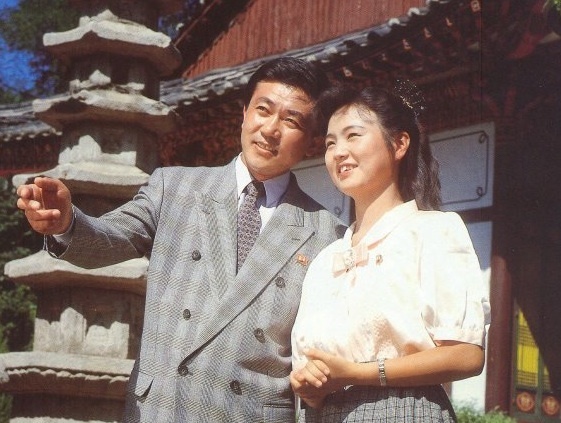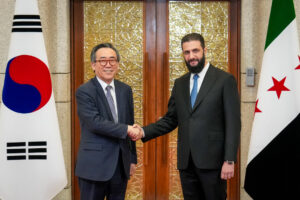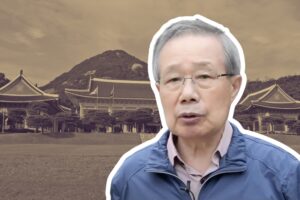Where were you between 1983 and 1987? In these five years, a good number of North Korean officials, teachers and top students were already in Norway, Denmark and France, thanks to a UNESCO-coordinated project aimed at improving foreign languages and scientific learning in the DPRK. They were enjoying the privileges of studying abroad, and acquiring skills which they could then transfer back to North Korea. They were, in other words, undertaking programmes we might recognise as educational exchanges (even if there weren't any western scholars doing the same in the DPRK at the time).
Let’s pause for a minute and consider this - these were the years of Kim Il-Sung’s absolute power, the years of the DPRK behaving badly on the international scene[1], earning its reputation as a “rogue regime” and “the most isolated country in the world”. Yet the opening pages of the UNESCO document relating to language studies in North Korea (a 5-year project which allowed, among other things, the aforementioned officials to travel abroad for study purposes), read: “The Democratic People's Republic of Korea is opening her doors to the world and must therefore equip herself with those tools that will enable her to promote international dialogue while ensuring the transfer of technology.”[2]
Where were you between 1983 and 1987? In these five years, a good number of North Korean officials, teachers and top students were already in Norway, Denmark and France, thanks to a UNESCO-coordinated project aimed at improving foreign languages and scientific learning in the DPRK. They were enjoying the privileges of studying abroad, and acquiring skills which they could then transfer back to North Korea. They were, in other words, undertaking programmes we might recognise as educational exchanges (even if there weren't any western scholars doing the same in the DPRK at the time).
Let’s pause for a minute and consider this - these were the years of Kim Il-Sung’s absolute power, the years of the DPRK behaving badly on the international scene[1], earning its reputation as a “rogue regime” and “the most isolated country in the world”. Yet the opening pages of the UNESCO document relating to language studies in North Korea (a 5-year project which allowed, among other things, the aforementioned officials to travel abroad for study purposes), read: “The Democratic People's Republic of Korea is opening her doors to the world and must therefore equip herself with those tools that will enable her to promote international dialogue while ensuring the transfer of technology.”[2]
Try unlimited access
Only $1 for four weeks
-
Unlimited access to all of NK News: reporting, investigations, analysis
-
Year-one discount if you continue past $1 trial period
-
The NK News Daily Update, an email newsletter to keep you in the loop
-
Searchable archive of all content, photo galleries, special columns
-
Contact NK News reporters with tips or requests for reporting
Get unlimited access to all NK News content, including original reporting, investigations, and analyses by our team of DPRK experts.
Subscribe
now
All major cards accepted. No commitments – you can cancel any time.










